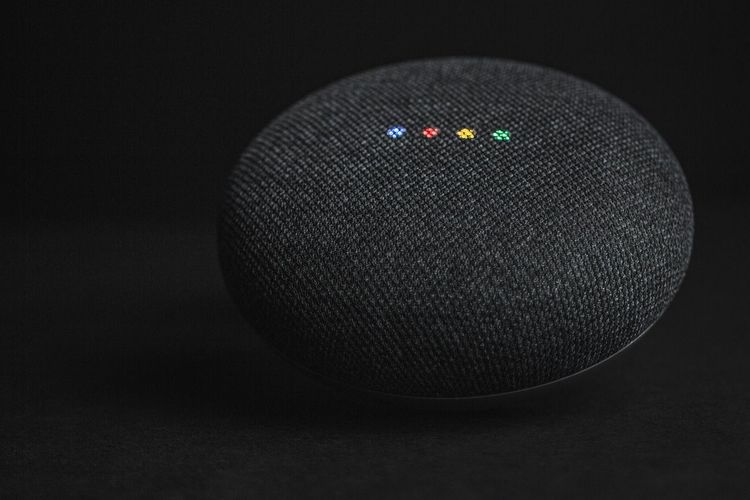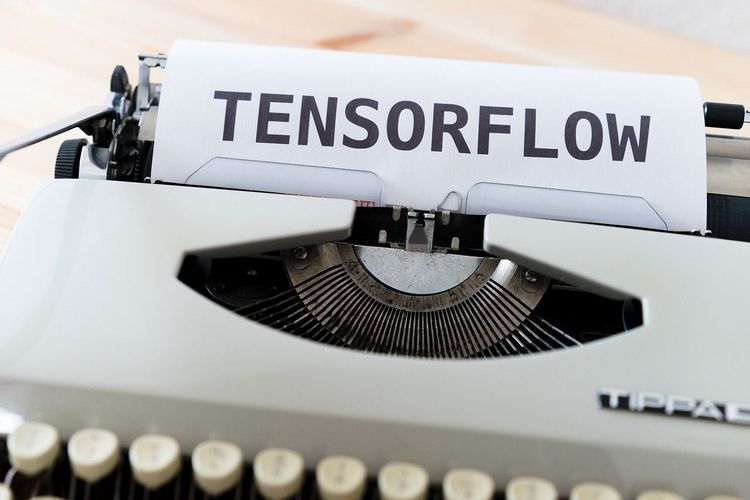OpenAI Launches Hyper-Realistic Voice Feature for Select ChatGPT Paying Users
Most people like

Unlock the potential of an AI text generator designed to produce a wide range of high-quality content. Whether you need engaging articles, captivating blog posts, or informative product descriptions, this tool enhances your writing process. Discover how this innovative technology can elevate your content creation and streamline your workflow.

Discover a free AI tool that effortlessly generates high-quality PNG images in an instant. With this innovative solution, you can create stunning visuals quickly and easily, perfect for enhancing your projects. Whether for personal use or professional design, elevate your creativity with this powerful resource today!

Enhance Your Email Productivity with Our AI Email Assistant
Unlock the full potential of your inbox with our cutting-edge AI Email Assistant, designed to streamline your communication and boost your productivity. Transform the way you manage emails, respond efficiently, and prioritize your tasks effortlessly. Experience a smarter approach to emailing today!

In today's fast-paced digital world, clear and concise communication is essential. Our AI text editor empowers you to improve your writing effortlessly, ensuring that your ideas are expressed with clarity and precision. Whether you're crafting an email, a report, or creative content, our advanced AI technology helps you refine your text, making it more engaging and impactful. Discover how our AI text editor can elevate your writing game and captivate your audience.
Find AI tools in YBX



